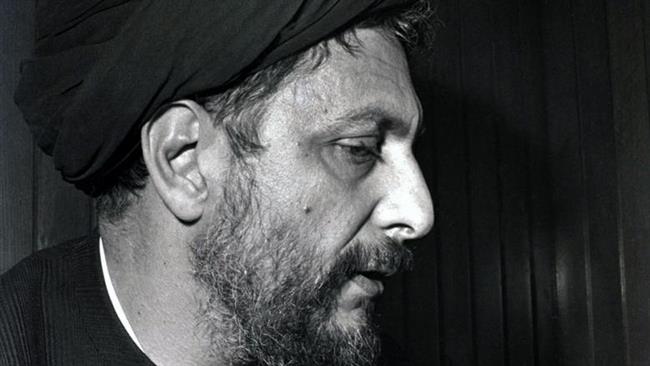
RNA - Speaking at a ceremony marking the 39th anniversary of Sadr’s disappearance in Beirut, Nabih Berri called on Lebanese media outlets to follow up on the clergyman’s fate, stressing that Lebanese judicial officials are also looking into the case.
The fact-finding mission formed to inquire about the case has however been unable to visit Libya due to violence and political instability in the North African country, the top Lebanese legislator argued.
Imam Musa al-Sadr was a highly revered Shia cleric of Iranian descent, who founded the Lebanese Amal (Hope) Movement in 1974. He came to Lebanon in 1959 to work for the rights of Shia Muslims in the port city of Tyre, located about 80 kilometers (50 miles) south of Beirut.
The prominent Shia cleric (pictured below) disappeared on August 31, 1978, during an official visit to the Libyan capital Tripoli.
Imam Musa al-Sadr was accompanied by Sheikh Mohammad Yaqoub and journalist Abbas Badreddine.
Lebanon still holds former Libyan officials responsible for the disappearance of the trio.
Since Muammar Gaddafi was deposed and killed in 2011, Lebanon and Iran have repeatedly called on the Libyan government to launch an investigation into Sadr's disappearance.
Hannibal Gaddafi, the son of the Libyan dictator, is currently in custody in Lebanon, facing charges of withholding information regarding Sadr’s case.
In August 2016, Sadr's family filed a lawsuit against Gaddafi over his role in the disappearance of the senior Shia cleric.
847/940